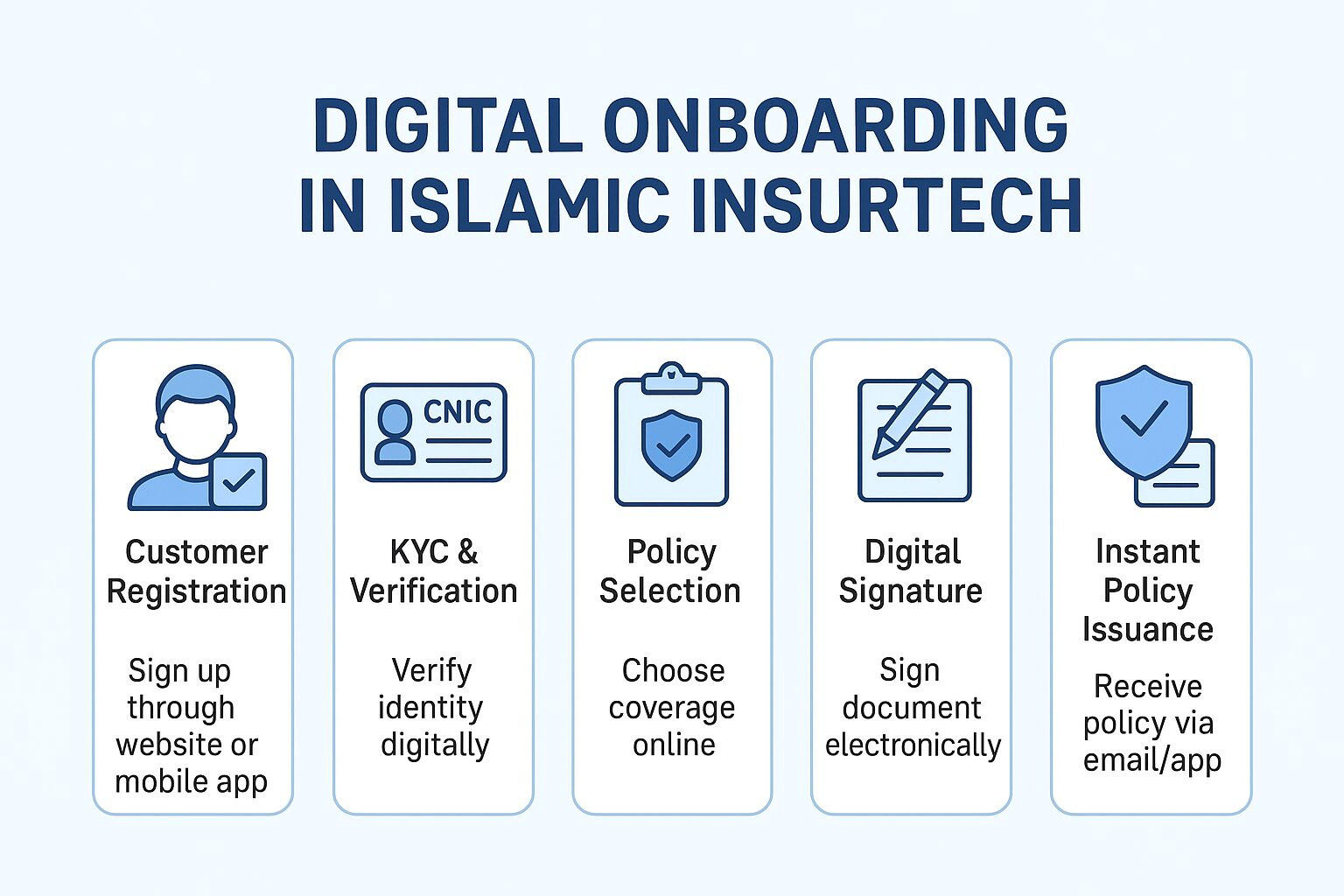Machine learning:
Machine learning is a type of artificial learning. Algorithms are trained on large amounts of data. This dataset assists the computer systems in learning the data and generating predictions based on identified patterns. The following are the types of machine learning: supervised learning, unsupervised learning, semi-supervised learning, and reinforcement learning. In supervised learning, algorithms learn from labeled examples by mapping input to target output. Unsupervised learning consists of discovering patterns in unlabeled data. Semi-supervised learning combines both labeled and unlabeled data for training. Reinforcement learning consists of training an agent to interact with an environment and learn from the received feedback.
Machine learning models applications:
It have applications in all industries, but they have huge potential to make the health insurance system more efficient by improving risk management, customer relationship management, and claim administration. It has applications in the following fields of the insurance business model:
Risk Assessment and Underwriting:
A customized insurance plan can be designed to claims, medical, lifestyle, and demographic data. This insight assists in reducing health costs and improving the wellbeing of the overall community.
Fraud Detection:
It assists in identifying the pattern of past data to identify bogus claims or genuine claims, resulting in reduced cost, which converts into an affordable insurance plan.
Personalized Health Management:
e-health data can be utilized by doctor via applying a machine learning model. It helps in the delivery of customized health insurance plans. Both the insurance industry in terms of reduced claim costs and policy holders in terms of health well being can benefit from an affordable health insurance plan.
Customer Experience and Engagement:
It helps in the provision of fast services in terms of answering queries by chatbots backed by machine learning algorithms.
Cost Management and Predictive Analytics:
Historical claims data can all be analyzed by insurers to improve network management, coverage designing, and pricing.
Health Data Analysis:
Insurance industry along with healthcare providers, can work on building machine learning models in the diagnosis of medical images, pathology reports, and genomic data. It will facilitate the provision of efficient healthcare services.
Overall, McKinsey predicted that automation would influence 25% of the insurance sector by 2025. Other than the above benefits, machine learning also assists in the following fields: product recommendation, customer segmentation, insurance distribution, personalized marketing, automated inspection, and insurance premium prediction. The neural network of a deep machine learning model helps in identifying hidden patterns. NLP helps to analyze the text or conversation to find bogus claims. K-means in the machine learning model helps in customer segmentation. It is also reported that artificial intelligence will generate $45.74 billion by 2031 in the insurance industry. This also shows that a high demand exists for machine learning experts in the insurance industry in the future employment market.







3 responses
Nice blog! very informative.